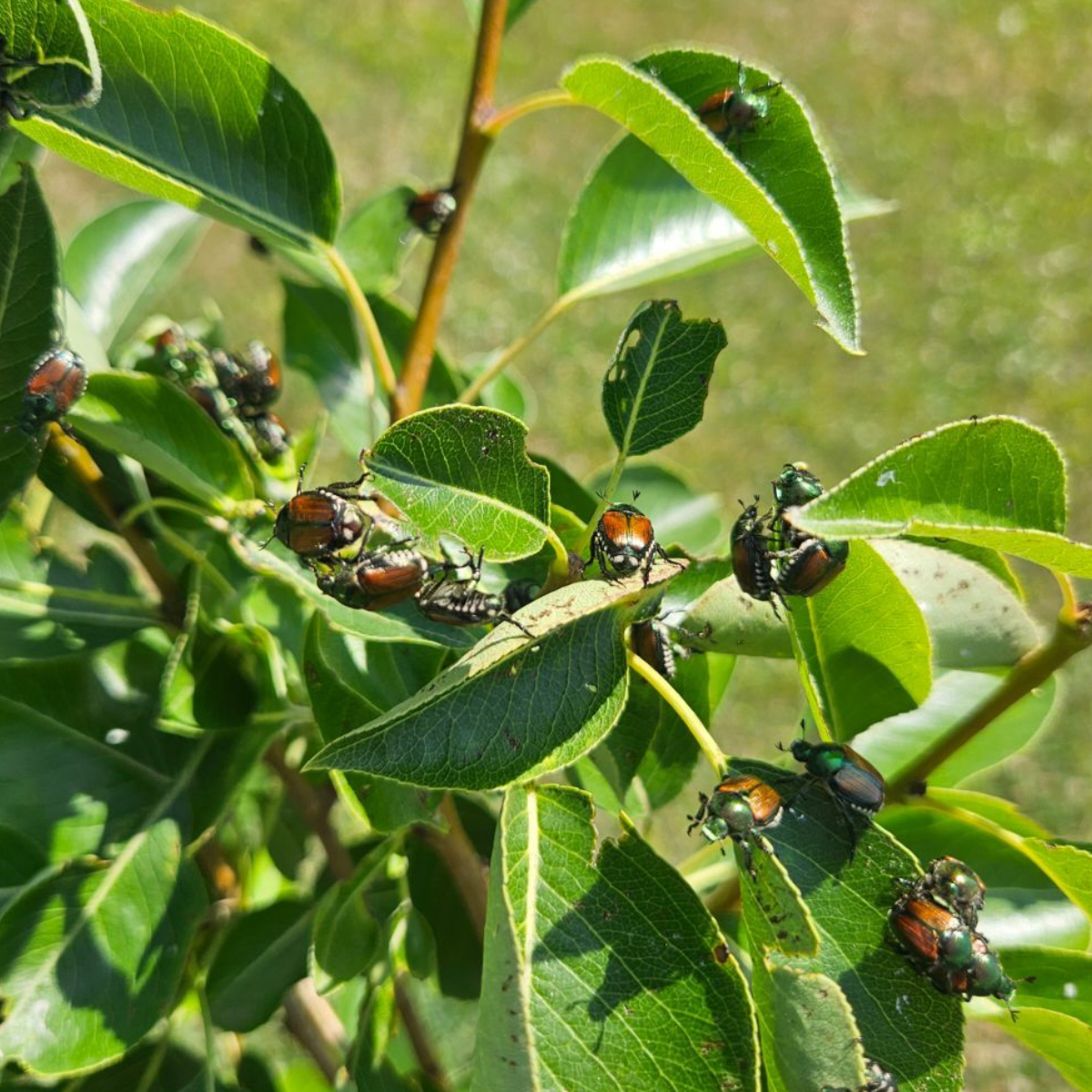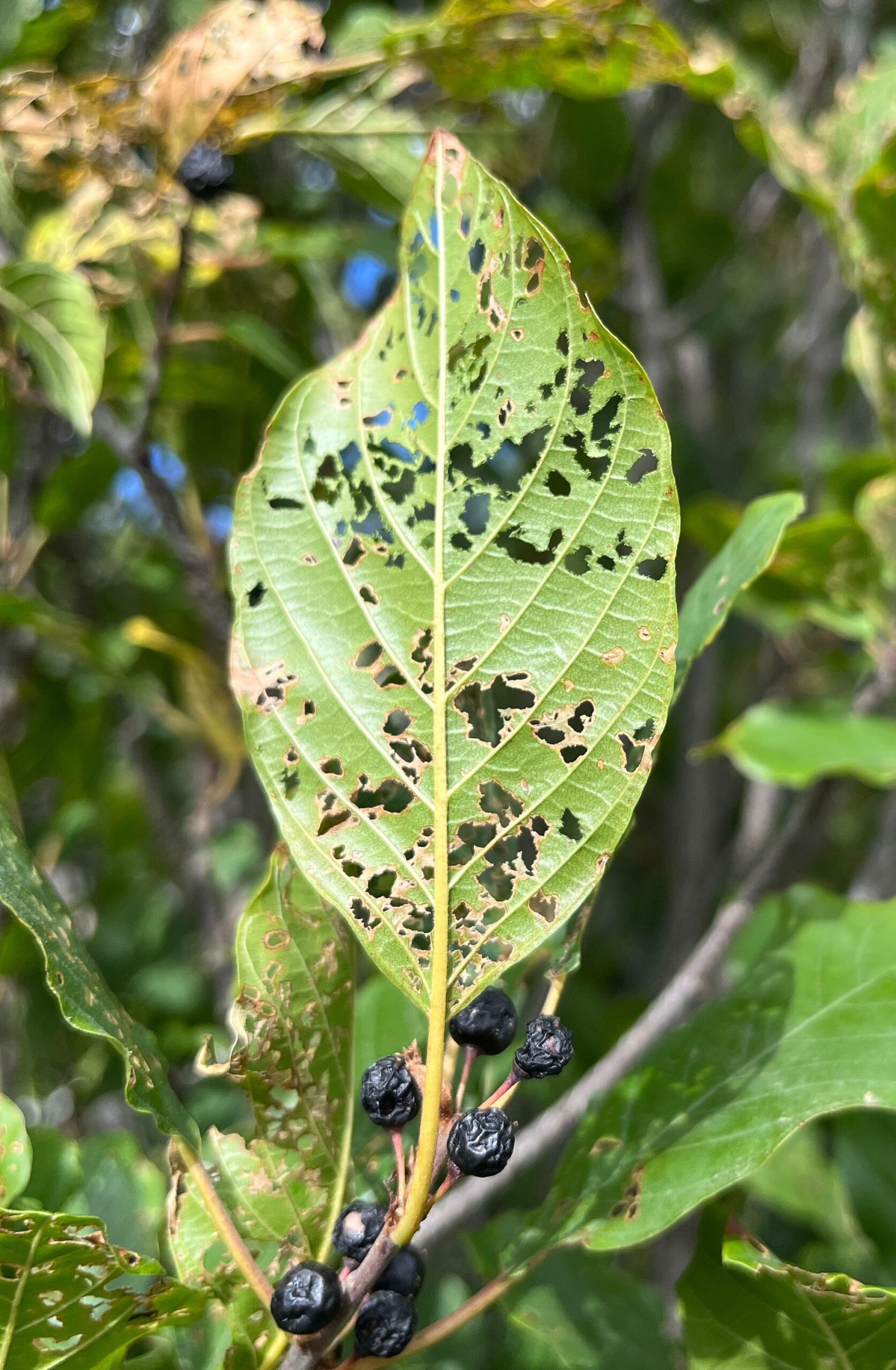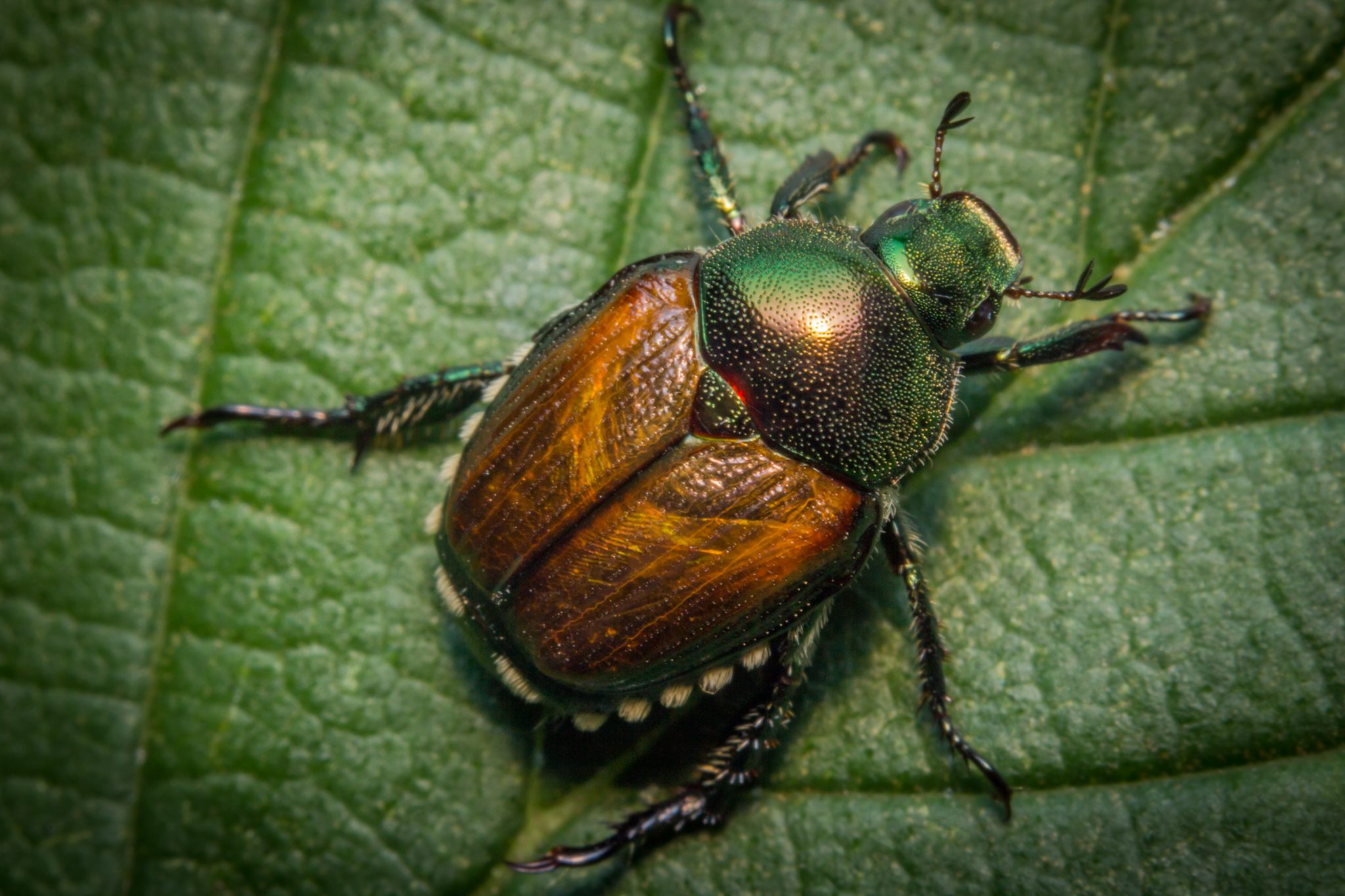Effective Solutions To Eliminate Japanese Beetles From Your Garden
So, you’ve got a little beetle problem, huh? Yeah, those pesky Japanese beetles can wreak havoc on your garden faster than you can say "botanical disaster." Whether it's your roses, lilies, or even your favorite veggie patch, these shiny metallic invaders don’t play around. But don’t panic—there’s hope. In this article, we’ll dive deep into the most effective solutions to eliminate Japanese beetles from your garden, so you can reclaim your green paradise.
Let’s face it, gardening is supposed to be a peaceful and rewarding activity, but when Japanese beetles come knocking, it can turn into a real headache. These little buggers are not just ugly; they’re also voracious eaters that can defoliate plants in no time. But before you throw in the towel, let’s explore some practical and eco-friendly ways to deal with them.
Now, I know what you’re thinking—“Do I need to go nuclear on my garden?” Nope! There are plenty of effective and safe strategies that won’t harm the environment or your wallet. So grab a cup of coffee (or tea if that’s your jam), and let’s get into it. Your garden’s future depends on it!
- Comprehensive Guide To Movierulz 12345678 Everything You Need To Know
- Maichan Erome The Viral Sensation Taking The Internet By Storm
Understanding the Enemy: What Are Japanese Beetles?
Before we jump into the solutions, it’s crucial to understand who—or what—we’re dealing with here. Japanese beetles (Popillia japonica) are not just any garden pests; they’re a force to be reckoned with. These beetles are native to Japan, but they’ve made themselves at home in North America since the early 1900s. And let me tell you, they’ve been causing chaos ever since.
Key Characteristics of Japanese Beetles
- Shiny metallic green bodies with copper-brown wings
- About ½ inch long
- Active during daylight hours
- Feast on over 300 plant species
These beetles have a life cycle that includes both adult and grub stages. The grubs, which live in the soil, feed on grass roots, while the adults munch on leaves, flowers, and fruits. It’s a double whammy for your garden!
Why You Should Care About Japanese Beetles
Here’s the deal: Japanese beetles don’t just ruin the aesthetics of your garden. They can cause serious damage to your plants, leading to reduced growth, lower yields, and even plant death. Imagine waking up one morning to find your once-lush rose bush looking like Swiss cheese. Not cool, right?
- Top Ullu Actresses 2024 Names And Photos You Need To Know
- Girthmaster And Miaz123 Unveiling The Phenomenon
But it’s not just about the plants. These beetles can also impact the health of your lawn. Their grubs feast on grass roots, causing patches of dead or yellowing grass. So whether you’re a flower enthusiast or a lawn lover, Japanese beetles are bad news.
Top 10 Effective Solutions to Eliminate Japanese Beetles
Now that we know the enemy, let’s talk about how to get rid of them. Here’s a comprehensive list of the top 10 solutions to help you fight back against Japanese beetles.
1. Handpicking: The Old-School Method
Sometimes, the simplest solutions are the best. Handpicking Japanese beetles may sound tedious, but it’s an effective way to control small infestations. All you need is a bucket of soapy water and a steady hand.
Pro Tip: Do this early in the morning when the beetles are less active. They’re more likely to fall into the bucket instead of flying away.
2. Neem Oil: A Natural Deterrent
Neem oil is a plant-based insecticide that works wonders against Japanese beetles. It disrupts their feeding and reproductive cycles, making it a great option for organic gardeners.
Just mix a few tablespoons of neem oil with water and spray it on your plants. Repeat every 7-14 days for best results.
3. Milky Spore: Targeting the Grubs
If you want to tackle the problem at its source, consider using milky spore. This natural bacteria targets Japanese beetle grubs in the soil, reducing their population over time.
Simply sprinkle the powder on your lawn and let nature do its thing. It’s safe for pets, humans, and beneficial insects.
4. Insecticidal Soaps: A Gentle Touch
Insecticidal soaps are another eco-friendly option for controlling Japanese beetles. They work by breaking down the insects’ outer protective layer, causing them to dehydrate and die.
Be sure to spray the soaps directly on the beetles for maximum effectiveness.
5. Row Covers: Physical Barriers
Sometimes, the best defense is a good offense. Row covers can act as a physical barrier between your plants and the beetles. Made from lightweight fabric, these covers allow sunlight and water to pass through while keeping the pests out.
Just make sure to remove the covers during flowering to allow pollinators to do their job.
6. Beneficial Insects: Nature’s Pest Control
Encouraging beneficial insects in your garden can help keep Japanese beetle populations in check. Ladybugs, lacewings, and parasitic wasps are natural predators of these beetles and can do wonders for your garden’s ecosystem.
Planting flowers like marigolds and dill can attract these helpful critters.
Creating a Beetle-Free Environment
Now that we’ve covered the top solutions, let’s talk about creating a garden environment that’s less inviting to Japanese beetles. Prevention is key, and there are several steps you can take to make your garden less appealing to these pests.
7. Companion Planting: Natural Repellents
Companion planting involves growing certain plants together to create a mutually beneficial relationship. Some plants naturally repel Japanese beetles, making them a great addition to your garden.
Consider planting garlic, chives, or geraniums near your vulnerable plants. These plants emit odors that beetles find unpleasant, keeping them at bay.
8. Regular Garden Maintenance
Keeping your garden clean and well-maintained can go a long way in preventing Japanese beetle infestations. Remove dead or diseased plant material, as it can attract pests. Also, prune your plants regularly to improve air circulation and reduce humidity.
9. Watering Wisely
Overwatering your lawn can create the perfect breeding ground for Japanese beetle grubs. Aim to water deeply but infrequently to encourage deep root growth and reduce grub populations.
10. Crop Rotation
If you’re growing vegetables, consider rotating your crops each season. This practice can disrupt the life cycle of Japanese beetles and reduce their numbers over time.
DIY Japanese Beetle Traps: Do They Work?
Japanese beetle traps are widely available, but do they really work? The answer is yes and no. While these traps can capture a significant number of beetles, they can also attract more beetles to your garden if not used properly.
Pro Tip: Place traps far away from your garden, at least 30 feet, to avoid drawing more beetles to your plants.
When to Call in the Professionals
If your Japanese beetle problem is out of control, it might be time to call in the professionals. Pest control experts have access to stronger chemicals and treatments that can effectively eliminate large infestations.
However, be sure to choose a company that uses environmentally friendly methods. You don’t want to harm beneficial insects or contaminate your soil.
Conclusion: Take Back Your Garden
Japanese beetles may seem like an unstoppable force, but with the right strategies, you can take back your garden. From handpicking to using natural deterrents, there are plenty of effective solutions to eliminate these pests.
Remember, prevention is key. By creating a healthy garden environment and practicing good maintenance, you can reduce the chances of a beetle invasion. And if all else fails, don’t hesitate to seek professional help.
So, what are you waiting for? Get out there and start fighting back against those pesky Japanese beetles. Your garden will thank you for it!
Call to Action: Share your own beetle-fighting tips in the comments below, or let us know how these solutions worked for you. And don’t forget to check out our other gardening articles for more tips and tricks!
Table of Contents
- Effective Solutions to Eliminate Japanese Beetles from Your Garden
- Understanding the Enemy: What Are Japanese Beetles?
- Why You Should Care About Japanese Beetles
- Top 10 Effective Solutions to Eliminate Japanese Beetles
- Creating a Beetle-Free Environment
- DIY Japanese Beetle Traps: Do They Work?
- When to Call in the Professionals
- Conclusion: Take Back Your Garden
- Hdhub4u 2025 Bollywood Movies Your Ultimate Guide To Streaming Highquality Films
- Unveiling The Mystery Sabrina Banks Onlyfans Leaks

Your Guide To Japanese Beetles Japanese Beetles Garden Pests

How To Eliminate Japanese Beetles! 2 Ways To Get Rid Of Beetles

Garden Pests Japanese Beetles Jung Seed’s Gardening Blog